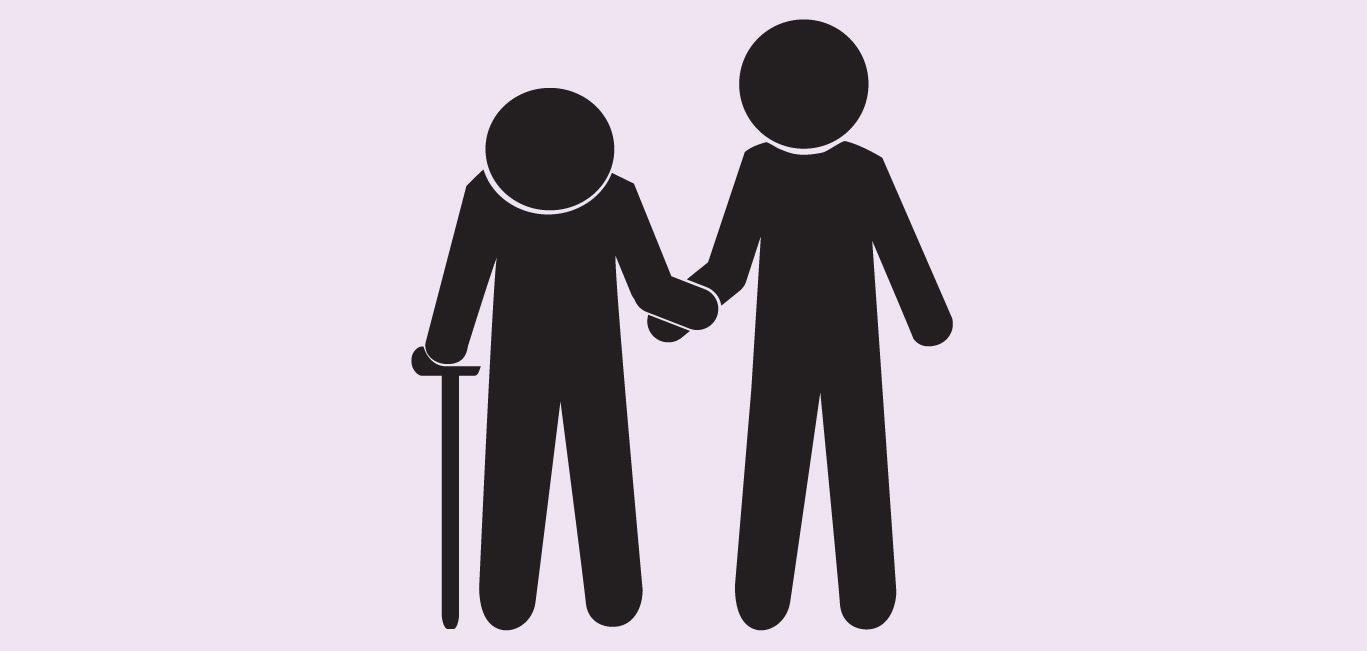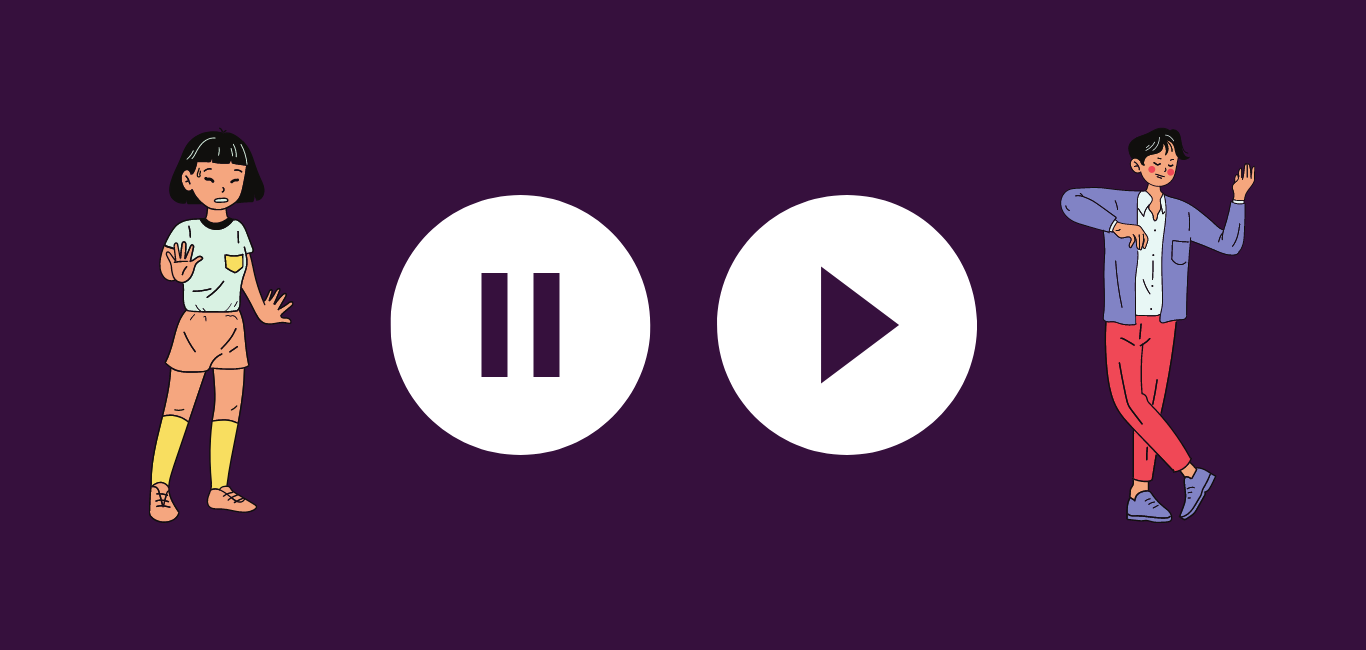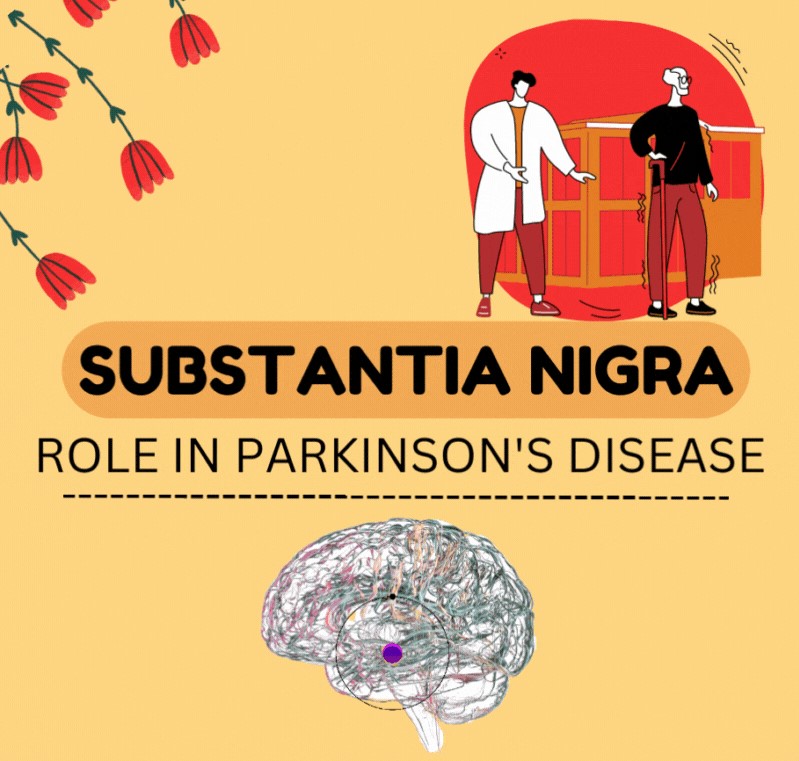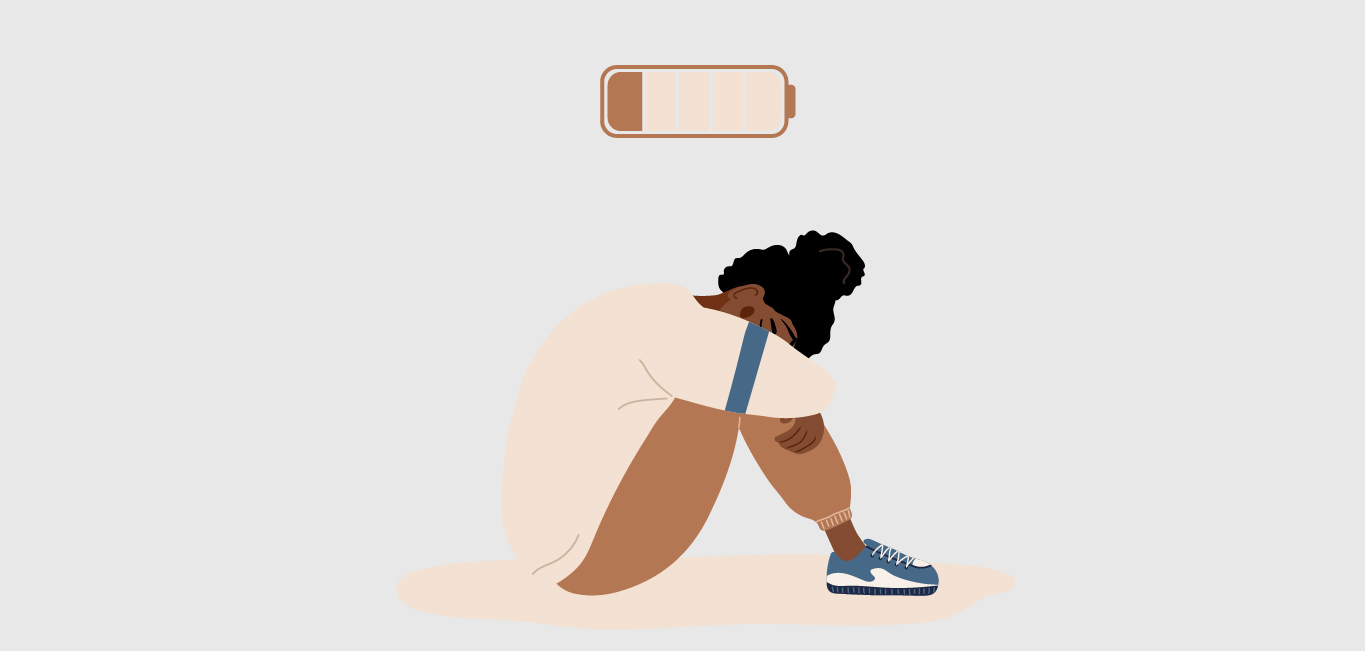
Nalini Gramopadhye of Solapur was diagnosed with Parkinson’s disease in her mid-50s. It began as mild tremors in her right hand and progressed to stiffness, slowing of movement and sleepless nights. By age 60, she was experiencing sudden pains in her limbs with movement loss on and off.
While on her morning walk one day, her legs suddenly froze, and she could not take a step further. “It took constant nudging and assistance from the people around me to put me back on track,” recalls Gramopadhye, now 70.
What Gramopadhye experiences is clinically called freezing of gait or FoG. It is the most common and debilitating sign of Parkinson’s disease.
Dr Pramod Kumar Pal, professor and head of the Parkinson’s and Movement Disorder Department of Neurology at the National Institute of Mental Health and Neuro Sciences (NIMHANS), Bengaluru, explains FoG as a sudden slowing of the pace of regular walking, not being able to take a step forwards, backwards or sideways.
“It happens in a certain percentage of people with Parkinson’s disease. Some people experience a brief trembling of the feet followed by short, small steps, while others experience total immobility for a few moments,” he says.
The hard act of getting up
Frozen gait is often triggered when the person with Parkinson’s tries to get up from a seat to walk. This ‘start hesitation’ is the early sign of FoG. When it happens, “I feel as though my feet are glued to the floor or held by magnets,” says Gramopadhye.
Dr Pal says that start hesitation is more likely to occur in the mid to late stages of Parkinson’s disease.
Immobile feet
People who face it intend to take a step forward, but their bodies will not follow the command from the brain. “It is as if the motor function involved in ambulation [the ability to walk independently] is temporarily blocked,” says Dr Erin McMullen, clinical specialist in neurologic physical therapy at Northwest Rehabilitation Associates, Oregon, USA.
Dr McMullen adds that gait freezing can show up in different ways. Some people cannot move their feet completely or experience shuffling of the feet as they complete a step. “This type of walking is often referred to as festinating gait — a term one may hear in Parkinson’s disease diagnosis,” she says.
Hidden neurological implications
Normal people walk without being aware which muscle in them is moving. This is because a brain chemical called dopamine, allows the body to move freely, and automatically perform actions like walking.
“FoG is the result of fluctuation in dopamine which disrupts the automatic movement system. It causes the feet to stop until they can process the signals from the brain,” says Dr McMullen. “Medications usually replace the dopamine in the brain, making movement easier,” she adds.
Imbalance of brain proteins
A 2020 study explains that impairment of the brain regions can increase or decrease the levels of specific proteins in the brain. An imbalance in these proteins causes FoG in Parkinson’s disease. The research also highlights how the protein fluctuations can be detected using non-invasive methods like electroencephalogram or EEG and aid in detecting FoG early.
Exercises for balance
“Although freezing of gait cannot be cured, it can certainly be treated with positive results,” says Dr McMullen. Exercises geared towards reducing or maintaining posture changes, she says, could aid in managing the condition. And when the affected persons move, “Healthy brain chemicals that are released during exercise keep the body strong enough to prevent a fall,” she adds.
Physical and occupational therapy can teach them compensatory mechanisms, like taking different cues for movement. The therapy also includes a strengthening programme to improve the body’s ability to prevent falling.
Therapy helps in two ways: timing coordination and the ability to switch between brain signals and movement.
Breaking the fear
FoG causes an overarching feeling of getting stuck and gradually increases the risk of dangerous falls, making a person fearful of walking. It affects mental health stemming from the fear of falling and ultimately causing isolation.
The fear affects mental health and isolates the persons from their social circles. After the incident in the park, Gramopadhye developed a sense of fear and became reluctant to go for walks alone. Therefore, she started depending on her family members for outings.
Cueing and devices help
“It is possible to overcome freezing gait through goal-oriented movement, specifically, a technique called ‘cueing,’ says Dr McMullen.
Dr Pal agrees that when medication does not work, a cue or stimulation of the leg will help.
Cueing is a way of providing external stimulus to break a freezing episode. It focusses on specific movement goals – for instance stepping over a particular line – or taking steps at the pace of a specific beat. This triggers the goal-oriented part of the brain, allowing the brain and body to move as one unit.
“Moreover, numerous technological advances have made use of cueing to help people with Parkinson’s disease,” says Dr McMullen. One example is NexStride, a small, versatile cueing device that produces laser lines and metronome beats. It can attach to any cane, walker, or assisted walking tool. This device can activate the goal-oriented part of the brain, allowing the brain to re-establish proper communication with the body, ending a freeze.
Above all, certain small, positive ways can overcome the freezing to some extent. Gramopadhye says physical therapy, walking, yoga and ayurvedic medication have reduced her physical instability, including freezing.

















